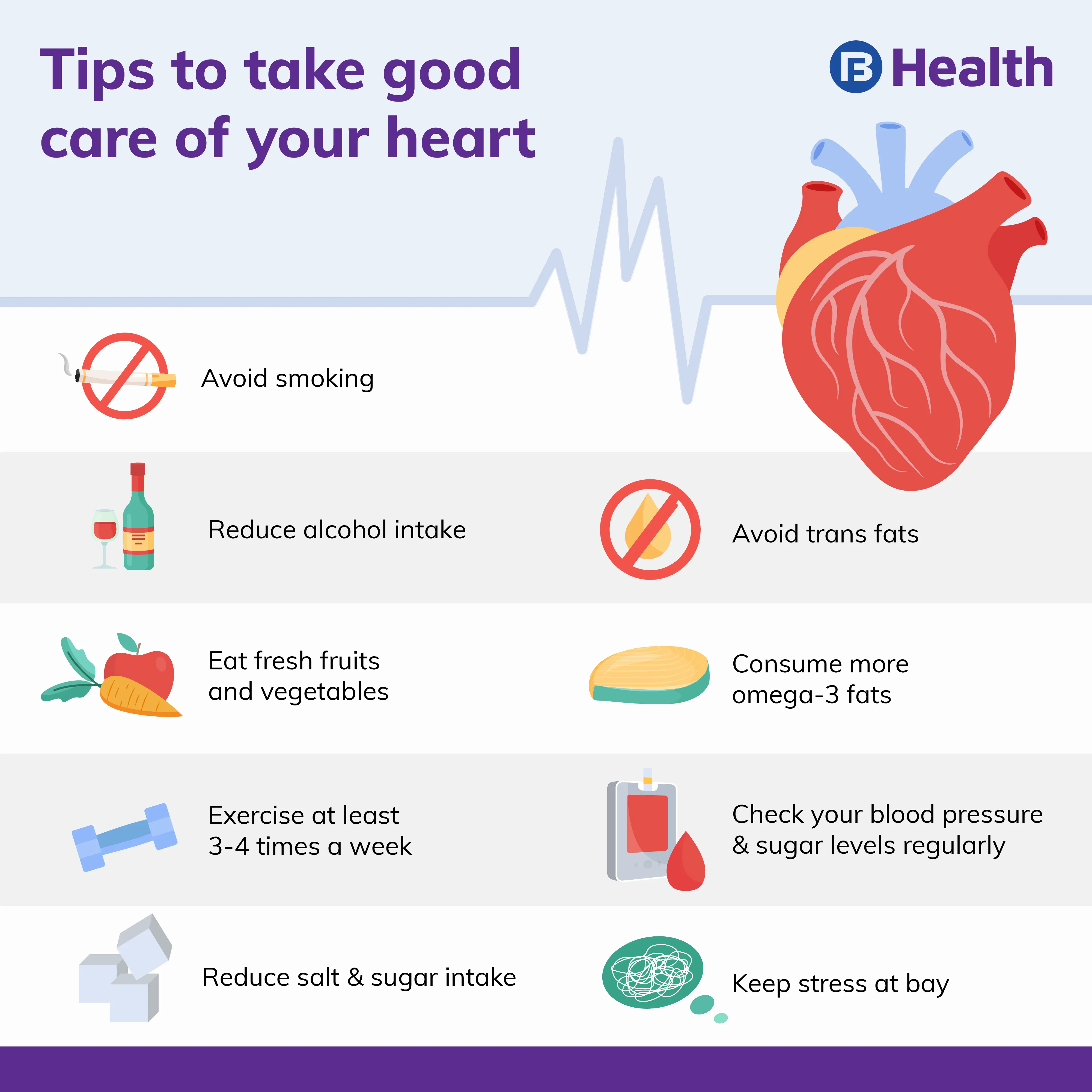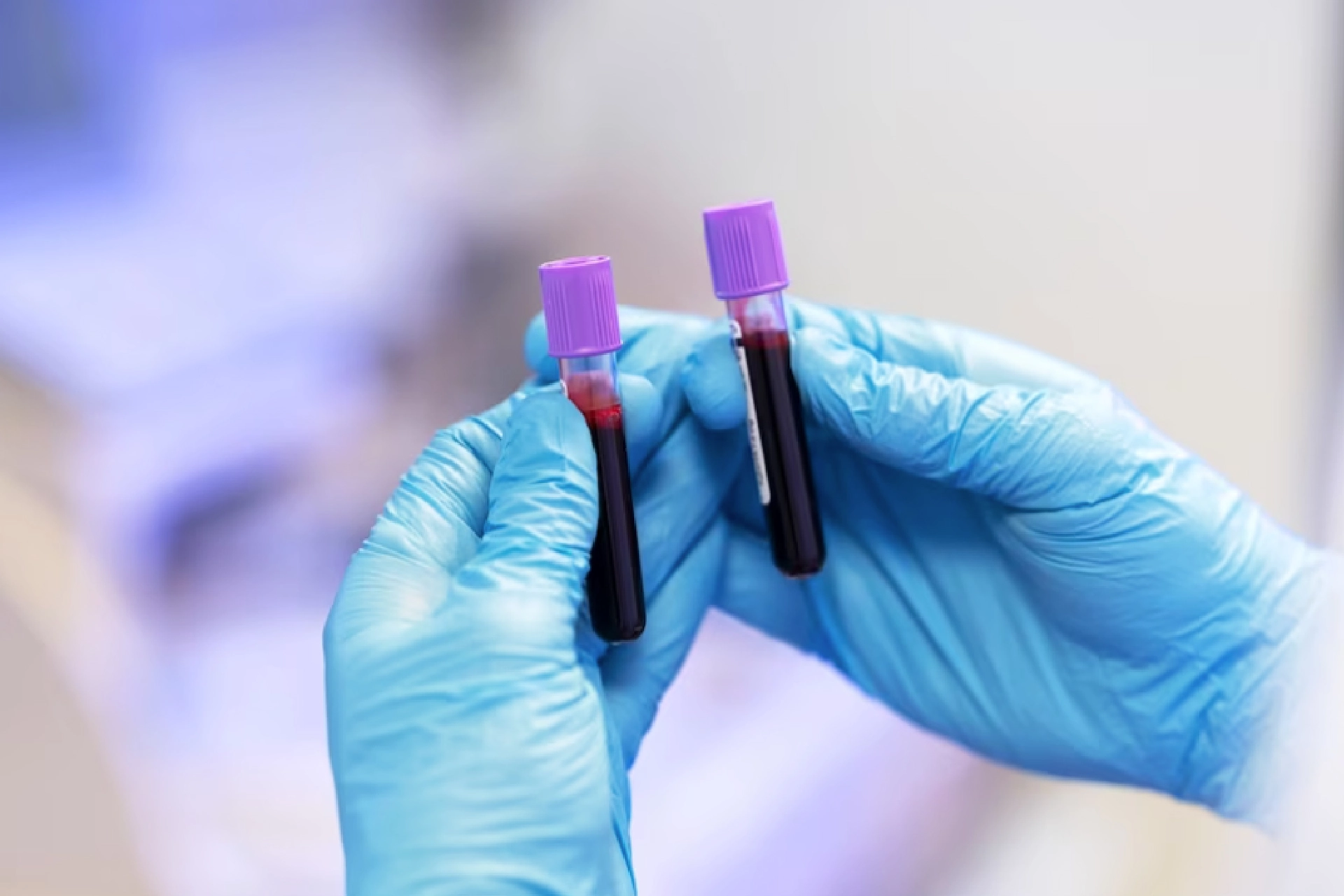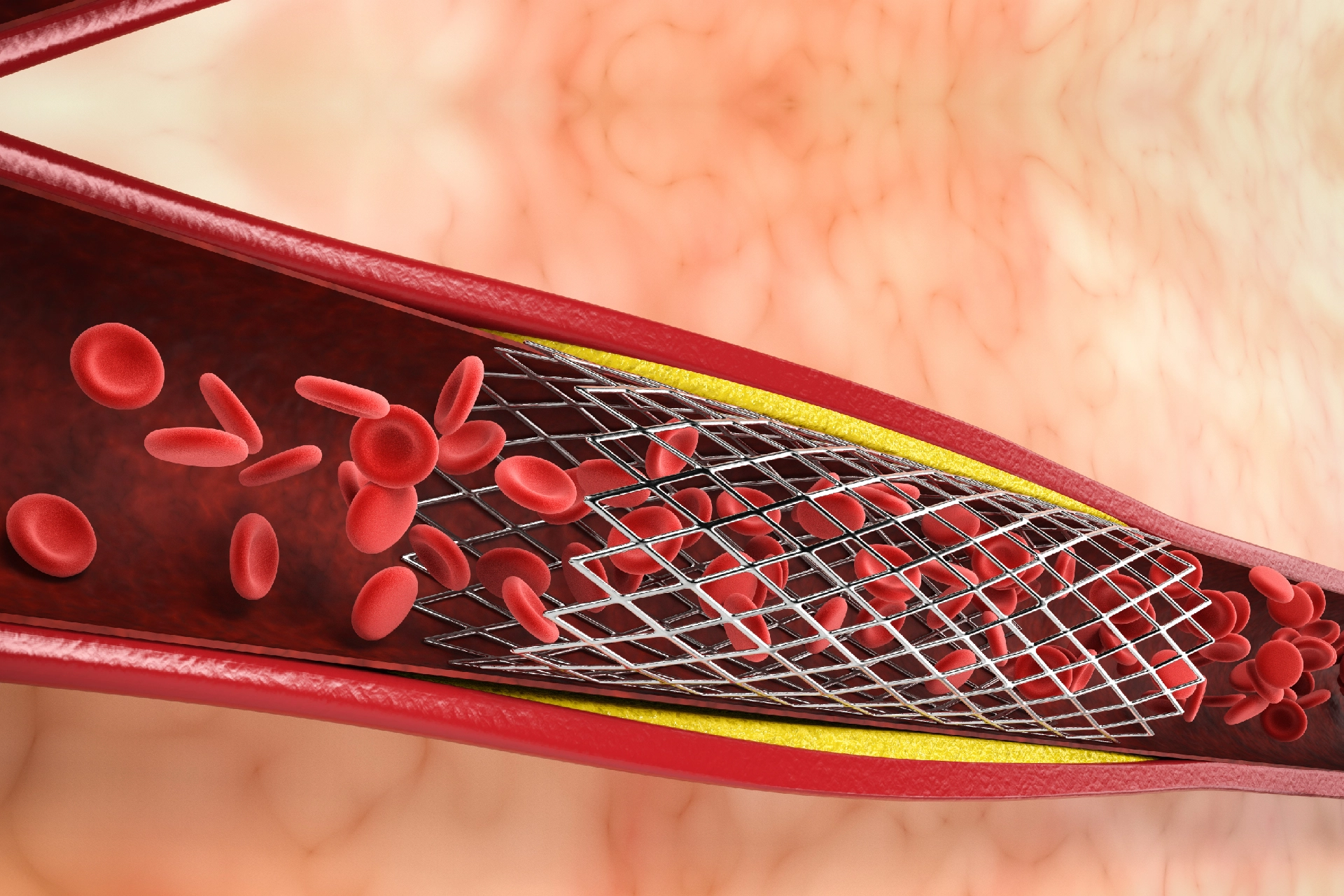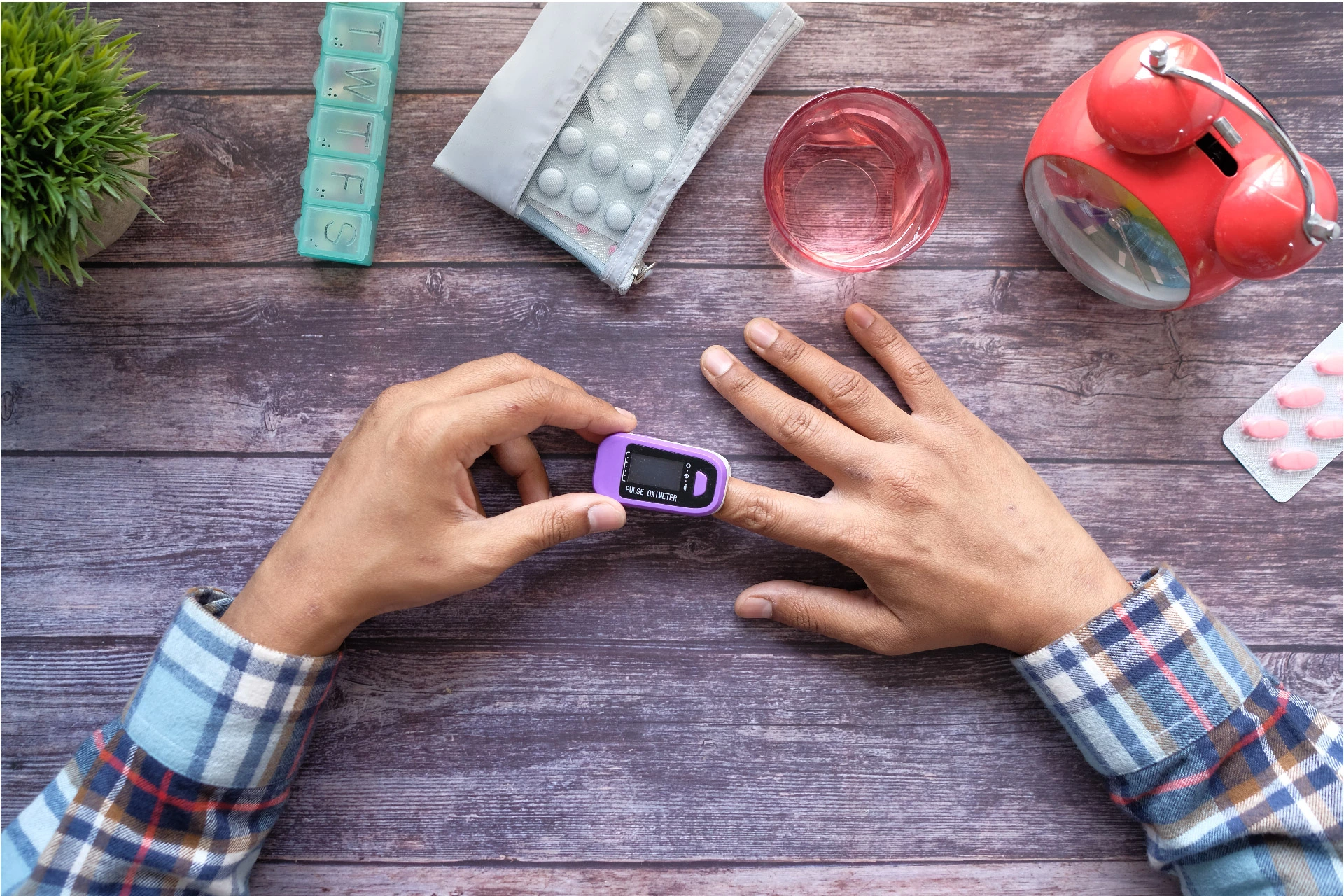Cardiologist | 5 min read
10 Heart Tests to Ensure You Have a Healthy Heart
Medically reviewed by
Table of Content
Key Takeaways
- There are many heart test types designed to determine a variety of issues
- An ECG test is one of the most common tests done to diagnose a heart attack
- Simple lifestyle changes can help manage the health of your heart
Heart disease is an umbrella term that includes a number of cardiovascular issues such as arrhythmia, atherosclerosis, congenital heart defects, coronary artery disease and other heart infections. It is vital to remember that cardiovascular disease is a leading cause of death in India. Those with a family history of heart disease, high blood pressure, high levels of cholesterol and diabetes are all at risk of serious heart problems, and it is smart to know if you’re at risk so you can take the right steps going forward.
Symptoms of Heart Issues
Heart attacks and other heart problems usually give one or multiple signals before they become fatal, which is why it is important to keep an eye out for any signs that your heart is not functioning to its fullest. Take a look at the most common symptoms.
- Chest pain, tightness or discomfort in the chest
- Shortness of breath
- Fainting spells (syncope) or dizziness
- Irregular or rapid heartbeat (tachycardia) or slow heartbeat (bradycardia)
- Reduced ability to exercise
- Fluttering in the chest
When should you get a Heart Test one?
If you notice any of the above symptoms, you can consult your doctor or cardiologist to assess and address the problem as a precautionary measure. In most cases, your doctor will prescribe a particular heart test to rule out any heart condition.
Is ECG enough for a Heart Test?
While an ECG test is one of the most common and non-invasive heart tests done to determine if you’ve had a heart attack or if one is developing, sometimes this is not enough. Your doctor may need more tests done to ascertain your particular condition. Let’s take a look at this test as well as others that can help you determine a specific heart condition.
Also Read: Food for Healthy Heart Diet10 Heart Tests for a Healthy Heart
There are a number of heart test types available today. Take a look at some of the main ones.
Electrocardiogram (ECG or EKG): The ECG test allows your doctor to track any cardiac abnormalities as it measures the electrical activity of the heartbeat. Why it’s done? To rule out a heart attack and to monitor the heart’s normal rhythm.Ambulatory rhythm monitoring tests: Event recorders, Holter monitoring, and mobile cardiac telemetry (MCT) are types of ambulatory monitoring tests to study the rhythm of your heart rhythm for a slightly extended period of time. Your doctor may need this if an ECG doesn’t provide clear information.
Why it’s done? It aids in detection of abnormal heartbeats (arrhythmias).Echocardiogram: An echocardiogram test is an ultrasound of the heart; it uses Doppler ultrasound or standard ultrasound. It helps determine how well your heart’s valves and muscles are functioning.
Why it’s done? To check working of the heart’s valves or to pinpoint the reason behind a heart murmur.Coronary angiogram: In this procedure, doctors use X-rays and a special dye to observe blood flow through the arteries in the heart.
Why it’s done? To locate blockages or narrowing within the arteries.Magnetic Resonance Imaging (MRI): A cardiac MRI test is a non-invasive imaging test that uses magnets and radio waves to generate detailed pictures of the heart.
Why it’s done? It allows your doctor to evaluate the functioning and anatomy of your heart, its chambers and valves, thus helping rule out heart failure and other heart problems.CT Scan: This is also an X-ray imaging technique that provides your doctor with cross-sectional images of your heart.
Why it’s done? To determine the presence of blockages in the heart, and the overall structure of your heartTransesophageal Echocardiogram (TEE): This uses ultrasound or high-frequency sound waves to inspect the structures of the heart. This is done with an endoscope (a thin tube) being passed from the mouth, down the esophagus and positioned near the heart’s upper chambers.
Why it’s done? To assess if the heart is producing blood clots, and also check for valve disease, or congenital heart defects.Exercise stress test: Also known as the treadmill test or the exercise tolerance test (ETT), this is used to determine the effects of physical activity on the heart, especially when it comes to coronary artery diseases.
Why it’s done? To understand reasons behind shortness of breath, any chest pains, or changes in rhythm of the heart. Pharmacologic stress test: For patients who cannot exercise because of certain conditions, this test is used where medication is inserted into the body through an IV which helps dilate the arteries of the heart and increases the blood flow and heart rate, thus mimicking exercise. Why it’s done? This test, like the exercise stress test, is also done to understand reasons behind shortness of breath or any chest pains. It also helps pinpoint blockages in the arteries and evaluate the chances of a heart attack.Tilt test: This involves using a table on which a patient is secured, and is then tilted upwards. Your doctor keeps track of your heart rate and blood pressure.
Why it’s done? This test helps determine the cause of fainting spells or syncope, and also notice any changes in the heart rhythm.Tips to take Good Care for a Healthy Heart
With these simple changes in your lifestyle, you can maintain a happy and healthy heart.

As you take work towards taking better care of your heart and understand the importance of various heart test types, give your heart health a boost with the Bajaj Finserv Health App. Book appointments with the best cardiologists near you through this app. Using it, you can schedule in-person appointments as well as video consultations instantly. You can also get access to health plans and avail deals and discounts from partner clinics and labs. Simply download the free app from Google Play Store or the Apple App Story today to get started and become more proactive about healthcare.
Also Read: Tips to maintain a Healthy HeartReferences
- https://www.ahajournals.org/doi/full/10.1161/circulationaha.106.623934
- https://pubmed.ncbi.nlm.nih.gov/10856408/
- https://www.ncbi.nlm.nih.gov/pmc/articles/PMC6078558/
Disclaimer
Please note that this article is solely meant for informational purposes and Bajaj Finserv Health Limited (“BFHL”) does not shoulder any responsibility of the views/advice/information expressed/given by the writer/reviewer/originator. This article should not be considered as a substitute for any medical advice, diagnosis or treatment. Always consult with your trusted physician/qualified healthcare professional to evaluate your medical condition. The above article has been reviewed by a qualified doctor and BFHL is not responsible for any damages for any information or services provided by any third party.





